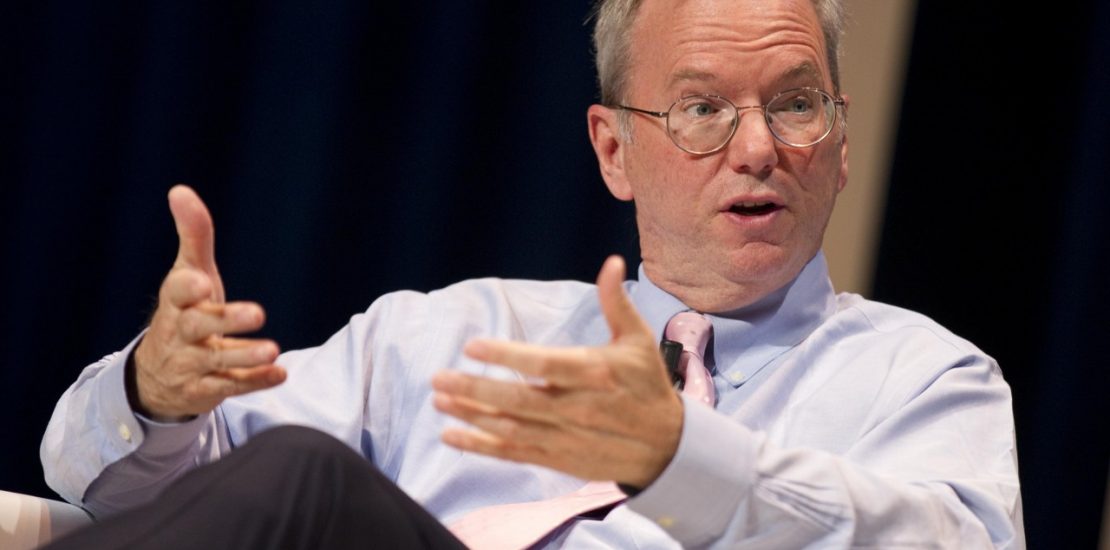- 27 January، 2021
- Posted by:
- Category: Uncategorized



The US has always been the champion of free market economy and competition. Now top US business leaders and former high ranking US government political insiders are calling for protectionism from china as the US continues to lose the ‘Tech war’ with China.
An American group led by former Google CEO Eric Schmidt has produced a report that says Washington needs to manage “asymmetric competition” with China when it comes to technology and that a certain degree of “bifurcation” would be in US interests.
“America’s technological leadership is fundamental to its security, prosperity, and democratic way of life. But this vital advantage is now at risk, with China surging to overtake the United States in critical areas,” says the report by the China Strategy Group (CSG), a collection of influential US tech practitioners and policy researchers. “Urgent policy solutions are needed to renew American competitiveness and sustain critical US technological advantages.”
The CSG, formed in July 2020 to tackle “the most difficult questions regarding US competitiveness with China on technology” also includes Jared Cohen, the chief executive of Jigsaw and a former adviser to former US secretaries of state Condoleezza Rice and Hillary Clinton. “Urgent policy solutions are needed to renew American competitiveness and sustain critical US technological advantages,” says the report, whose authors are writing in a personal capacity.
“China plays by a different set of rules that allow it to benefit from corporate espionage, illiberal surveillance, and a blurry line between its public and private sector,” the report says. Other authors include Liz Economy, a senior fellow for China studies at the Council on Foreign Relations, and Richard Fontaine, the chief executive at the Center for a New American Security.
While it is not known whether the new Biden administration will accept the report’s recommendations, which include forming a diplomatic alliance of “techno-democracies” and creating new offices like a deputy national security advisor for technology within the White House, its publication reflects broad-based recognition in US policy circles that Washington must develop a systematic approach to dealing with competition from China.
“As we seek to avoid unnecessary and counterproductive levels of separation, we should also recognise that some degree of disentangling is inevitable and preferable,” the report says. “In fact, trends in both countries – and many of the tools at our disposal – inherently and necessarily push toward some kind of bifurcation.”
Technology rivalry between China and US intensified during the Trump administration as the US government restricted China’s access to advanced US-origin technology and increased scrutiny of Chinese scientists and researchers, on the grounds of national security. The restrictions have deprived some of China’s leading tech firms, such as Huawei Technologies Co., of critical components such as chips and software, and prompted Beijing to redouble self-sufficiency efforts in core science areas.
Worth noting, the report states that internet platforms should be analysed via two angles – their strategic implication and commercial value. Search engines, social networking, mobile app stores and messaging apps, for instance, all have high strategic and commercial value whereas video games and e-commerce, while big revenue-earners, are low on strategic significance.
The authors did not mention any particular internet platforms by name nor how they foresee this will be converted into private sector profit oriented but legal intelligence gathering business models.
